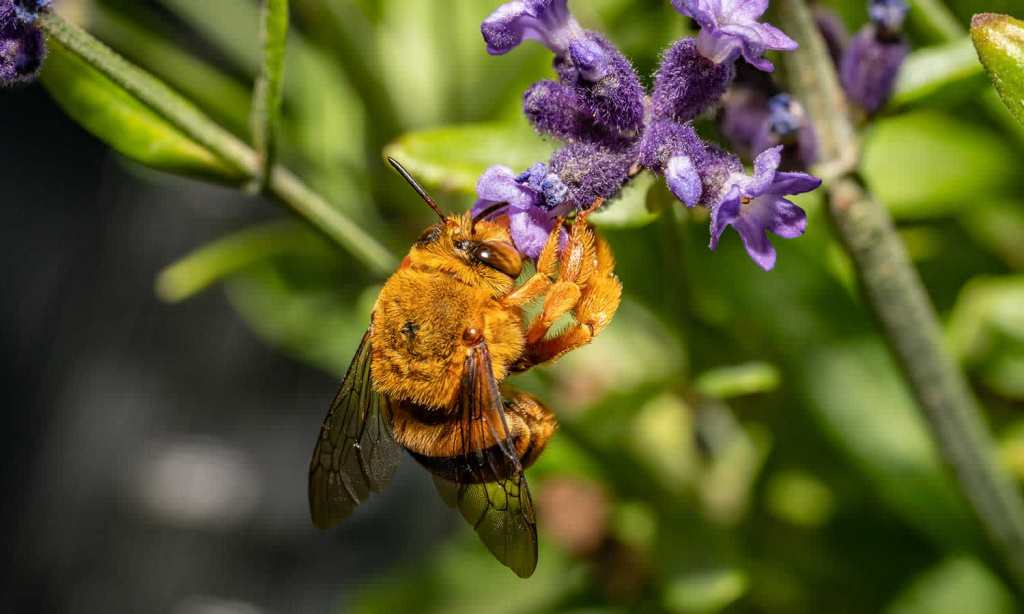Spotted up and down the east coast of Australia in NSW, QLD and the NT, the African tulip tree or spathodea campanulata provides backyard shade to many Aussie homes.
Characterised by glossy, veined oval-shaped leaves and large orange-red tulip-shaped flowers with yellow frilly edges, the trees may appear lush and beautiful, but they’ve recently been discovered to kill native Australian bees.
New research finds the red blossoms attract and then kill precious stingless bees, with their bodies being left inside the flowers. And there are fears the plant nectar, which experts predict is toxic to the stingless bees, could spread the poison to the hives, potentially wiping out the population.
It’s a serious problem for both the bees and our native wildlife and poses a significant ecological risk, and it’s an issue that calls for an effective solution. According to the experts, the answer is to cut these trees down. The African tulip tree is already considered a category 3 restricted invasive plant under the Biosecurity Act 2014.
“They are an invasive pest … So even without the bee deaths it would be good to get rid of them,” Courtney Irish, an entomologist and PhD candidate from the University of Queensland told news.com.au.
African tulip trees are native to tropical Africa. In Australia, they’re considered a serious environmental weed for the fact they typically form dense stands in gullies and near streams and crowd out native vegetation. The Queensland Department of Agriculture and Fisheries (DAF) says the fallen flowers are also a slipping hazard on footpaths, and are “extremely harmful” to native bees, as we now know.
“Removal of African tulip trees is highly recommended, particularly when they are in close proximity to natural areas,” the DAF says.
Following the tree removal, experts recommend planting a flowering, native tree in its place. Importantly, forgoing harsh pesticides will go a long way in supporting bee colonies.
“The suburbs are a great place for bees, and that’s where backyard gardeners are important, in terms of their use of pesticides and that sort of stuff,” Amateur Beekeepers Association’s Nathan Organ told the ABC’s podcast The Signal recently.
“If our urban gardens are pesticide-free, then our urban honey will have fewer pesticides in it, and the bees will benefit.”
Though small, bees play an integral role in the wider ecosystem and without them, it’s predicted humans would have only four years left on Earth.
More than 336,000 types of plants are pollinated by bees, while bees contribute to 75% of our food crops through pollination.
“We need to make some very serious changes in the next five or six years, because we can’t lose these bees,” Organ says.
Read more stories from The Latch and subscribe to our email newsletter.







